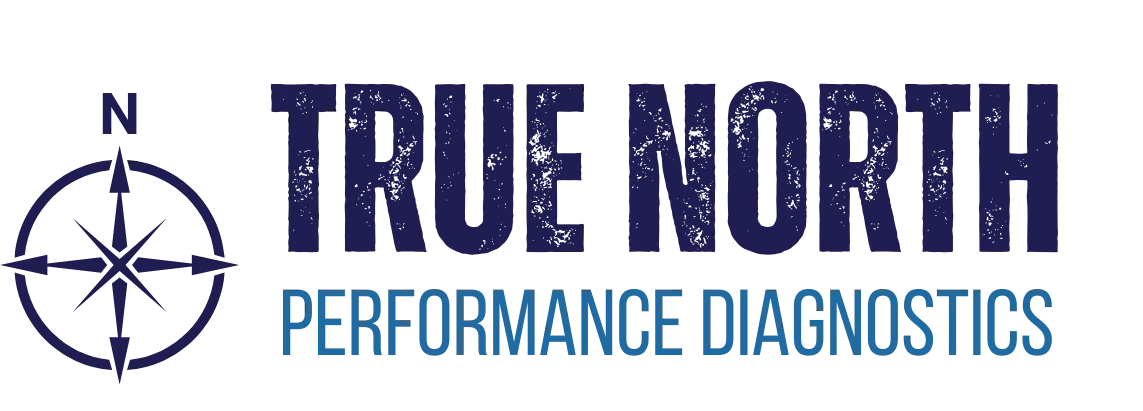Medical and Predictive Health Implications of VO2 Max
Key Medical Implications
Cardiovascular Health
Chronic Disease Management
Surgical Risk Assessment
Physical Rehabilitation
Cardiovascular Health
Predictive Value: Higher VO2 max levels are associated with lower risks of cardiovascular diseases such as heart attack, stroke, and hypertension.
Heart Function: It reflects the efficiency of the heart, lungs, and circulatory system in delivering oxygen to muscles.
Chronic Disease Management
Diabetes: Improved VO2 max can enhance insulin sensitivity and glycemic control, which is beneficial for managing and preventing type 2 diabetes.
Chronic Obstructive Pulmonary Disease (COPD): VO2 max testing can help assess the severity and progression of respiratory diseases and the effectiveness of interventions.
Mortality and Longevity: Life Expectancy: Studies have shown that higher VO2 max levels are correlated with lower all-cause mortality rates, suggesting better long-term health and longevity.
Surgical Risk Assessment
Preoperative Evaluation: VO2 max can be used to evaluate a patient's fitness level before major surgeries, particularly cardiac and thoracic procedures, to predict surgical risk and recovery outcomes.
Physical Rehabilitation
Exercise Prescription: VO2 max measurements can guide the development of personalized exercise programs in cardiac and pulmonary rehabilitation, helping patients recover more effectively.
Progress Monitoring: It helps track improvements in patients' functional capacity over time.
Summary
VO2 max is a valuable indicator of overall cardiovascular and respiratory health, with significant implications for predicting disease risk, managing chronic conditions, evaluating surgical risks, and optimizing physical rehabilitation and athletic training. Regular assessment of VO2 max can provide crucial insights into an individual's health status and guide personalized medical and fitness interventions.
Copyright 2024 . All rights reserved. References. Privacy.
Powered By Wolf Byte Solutions
